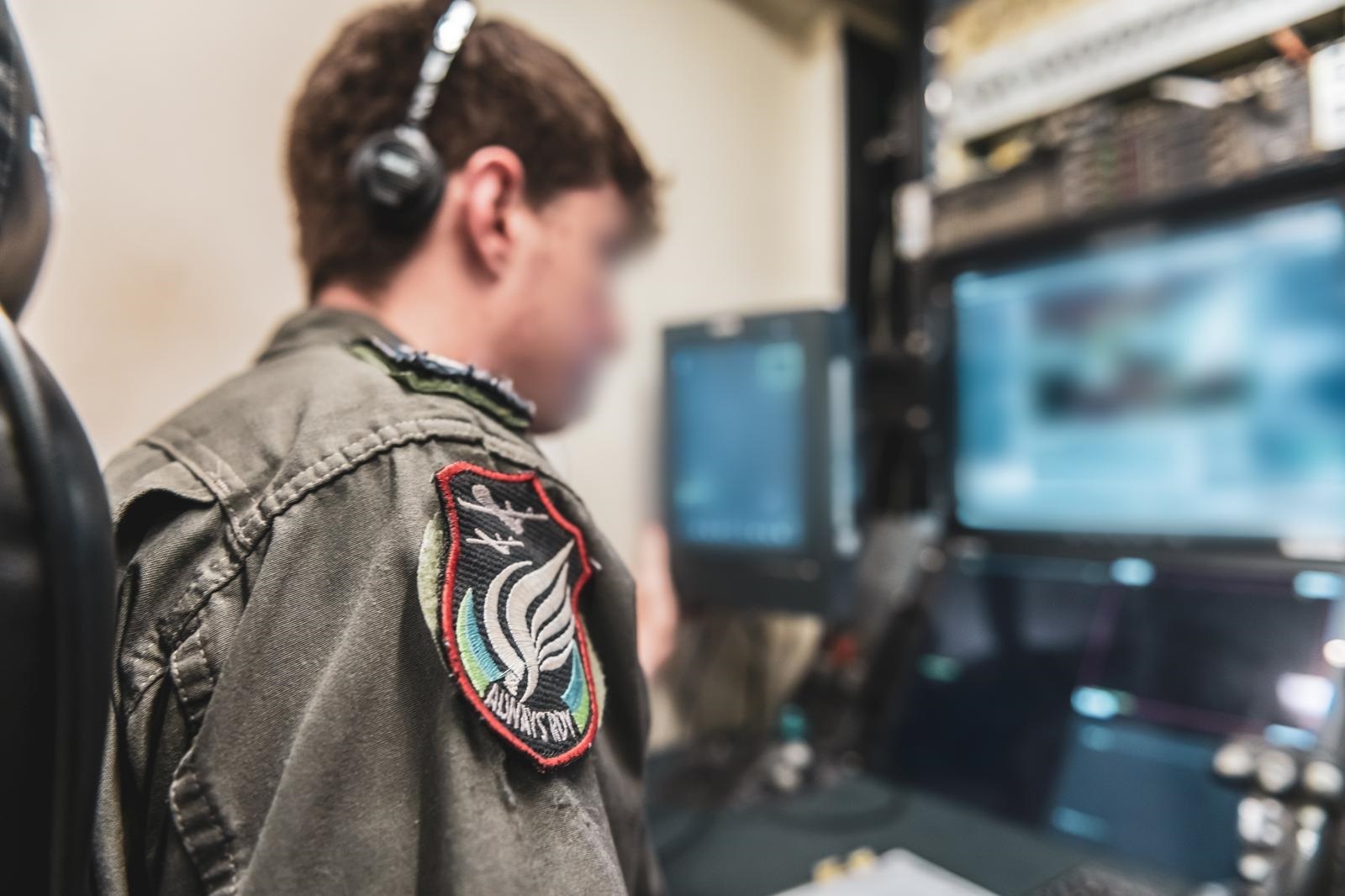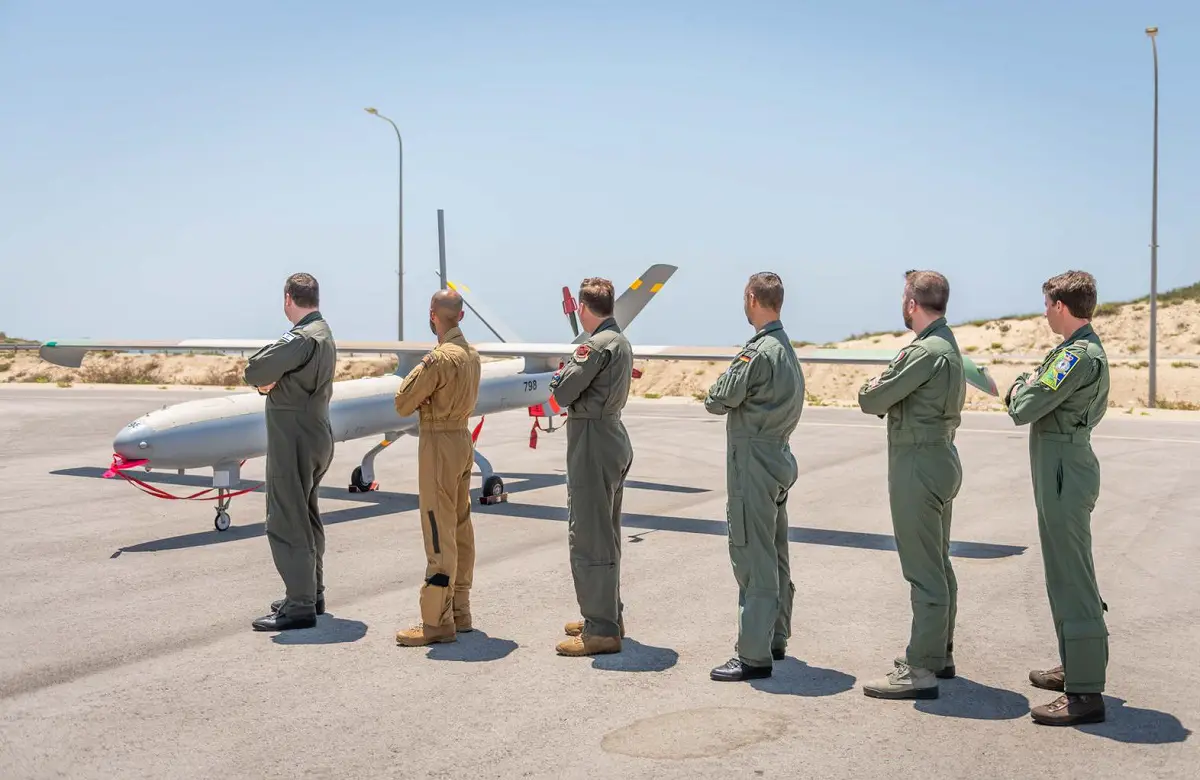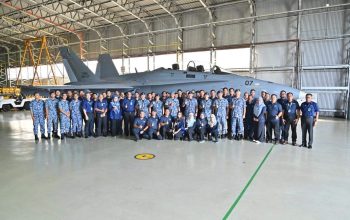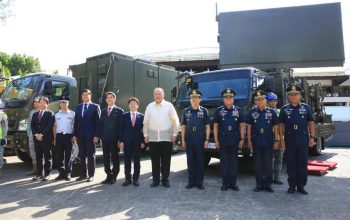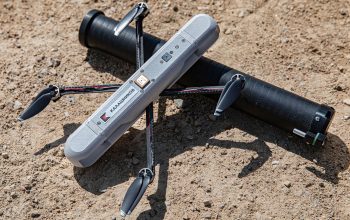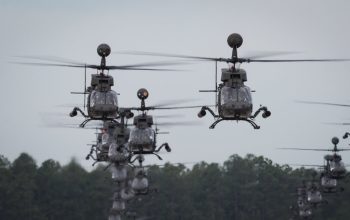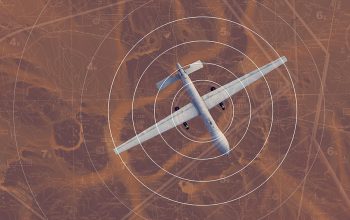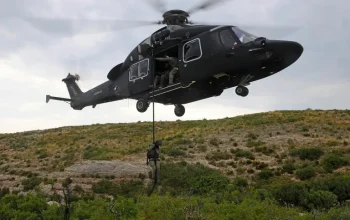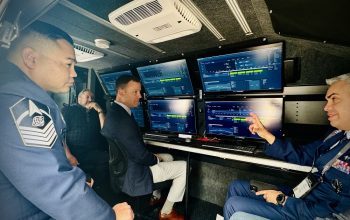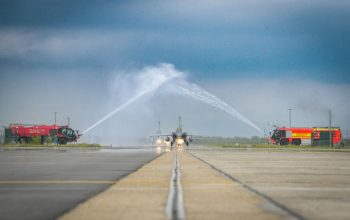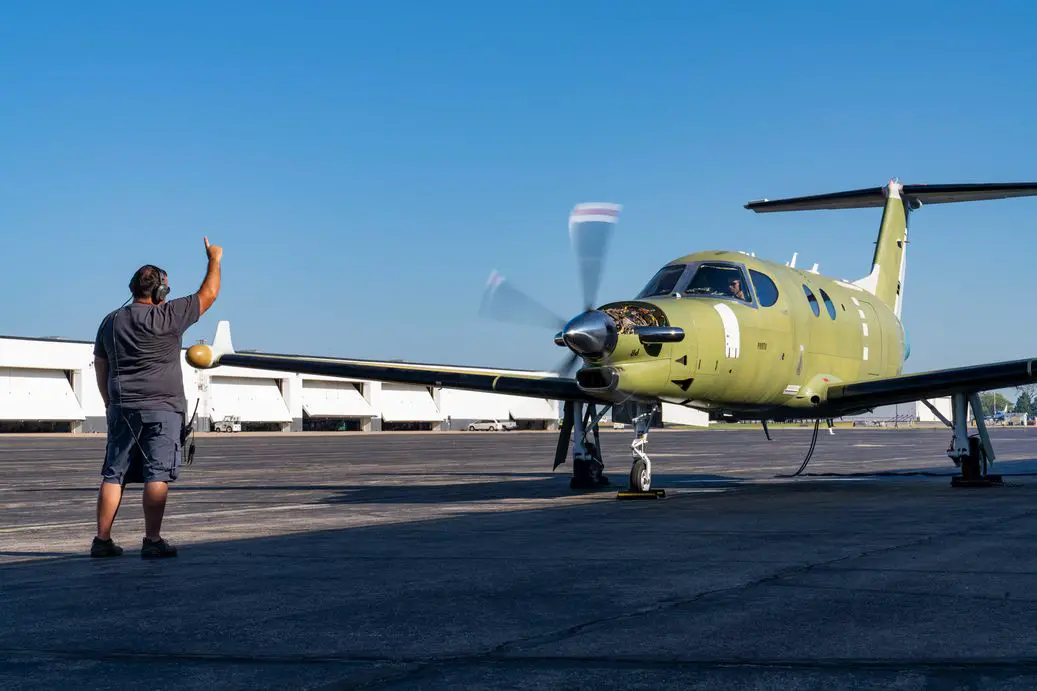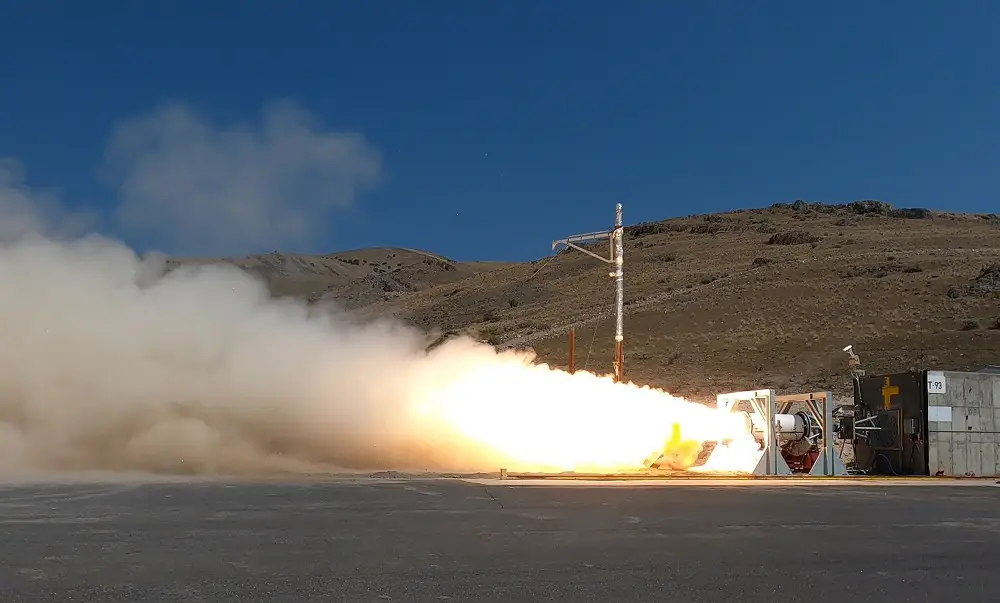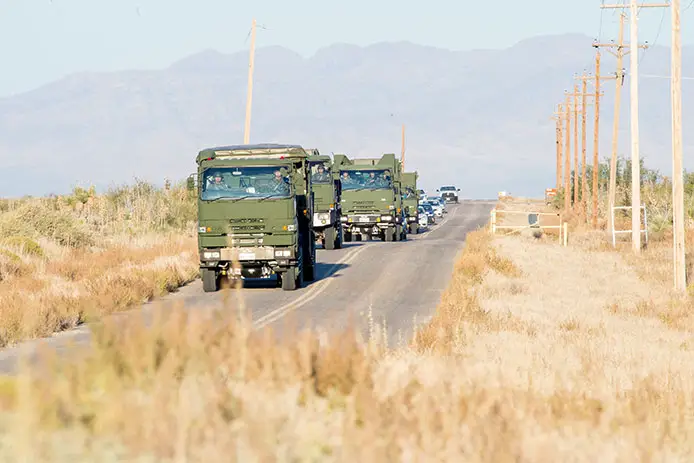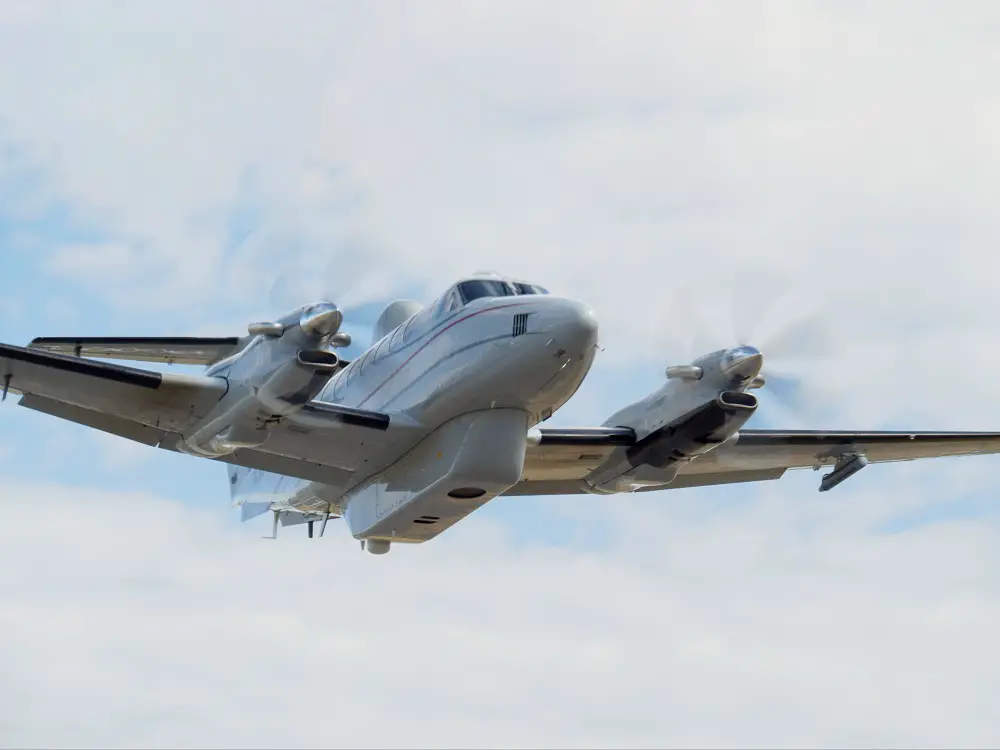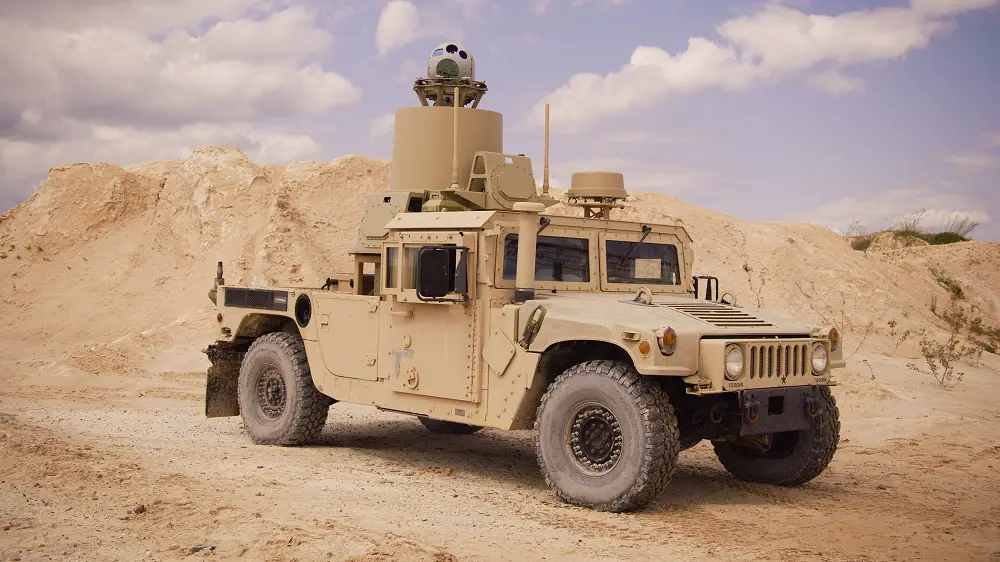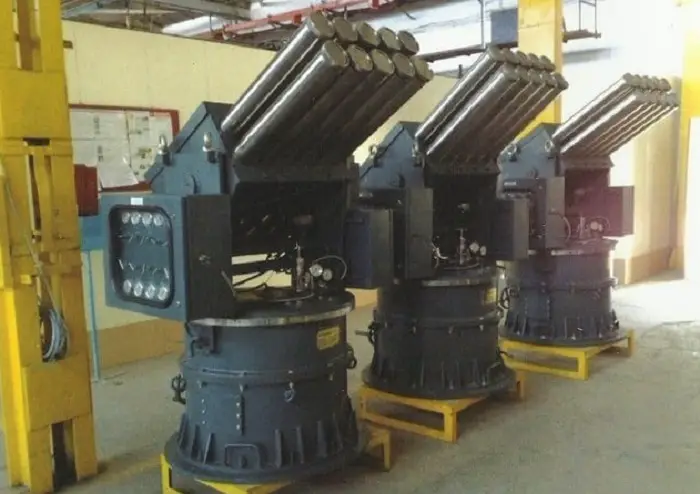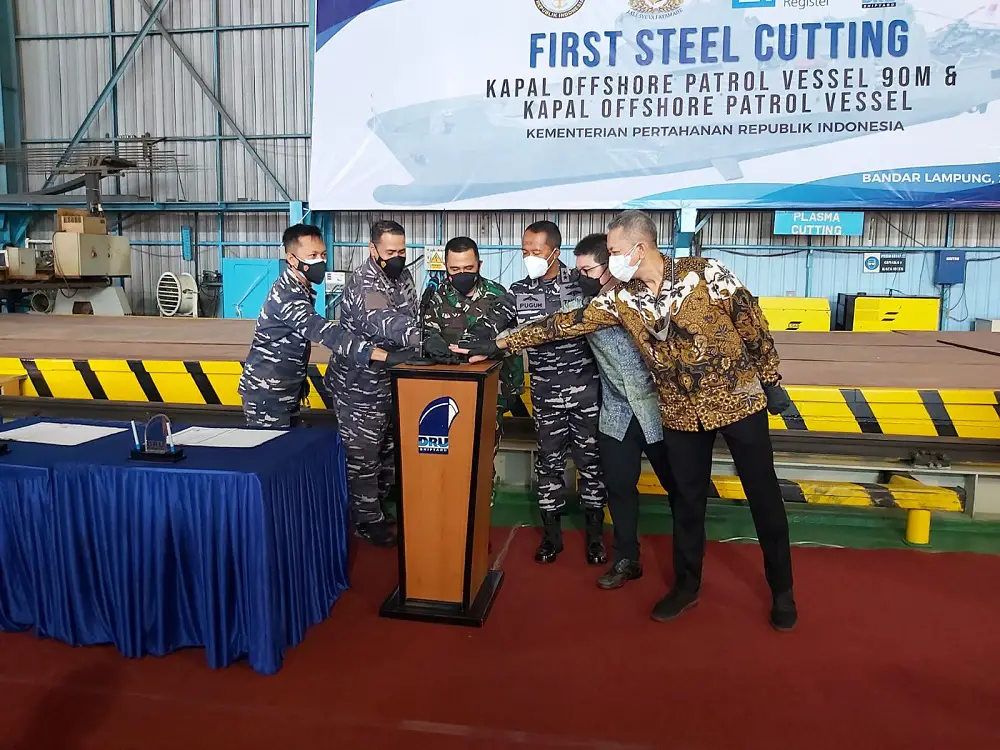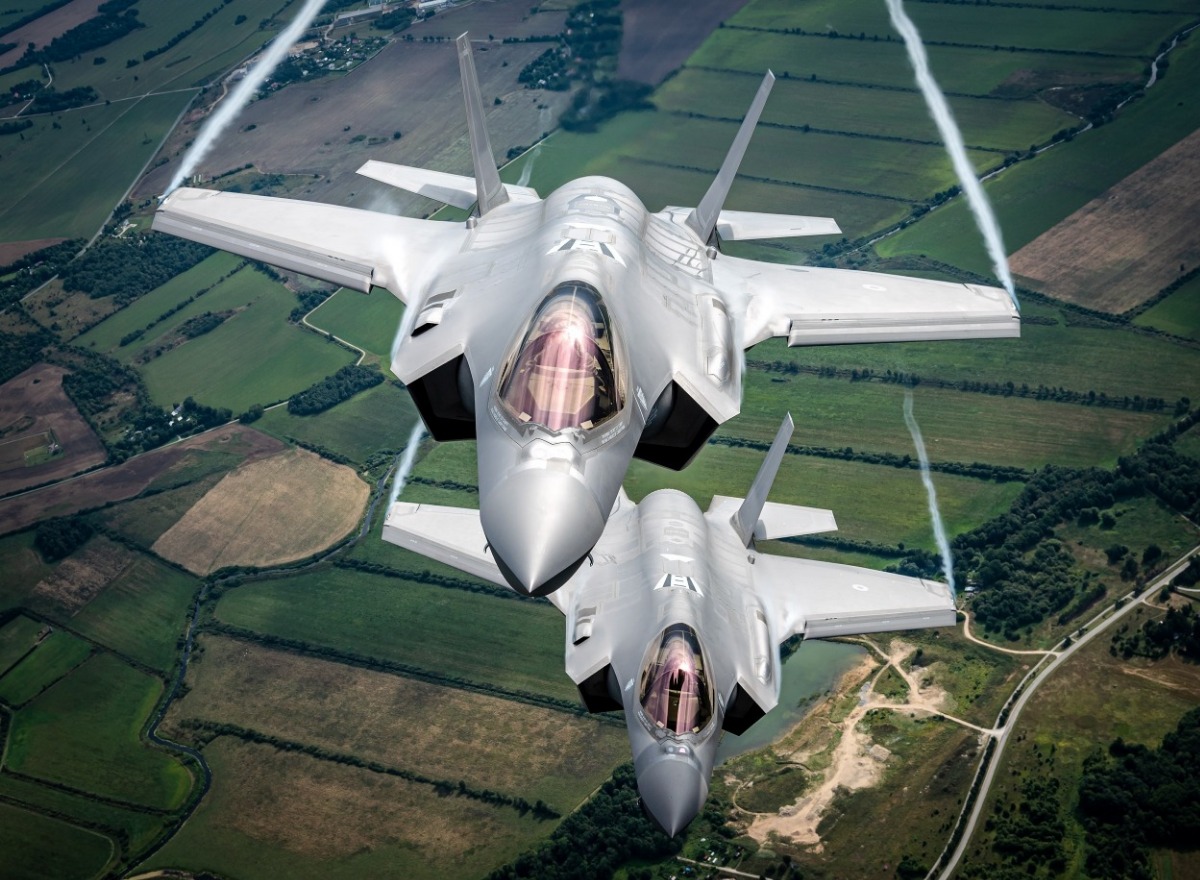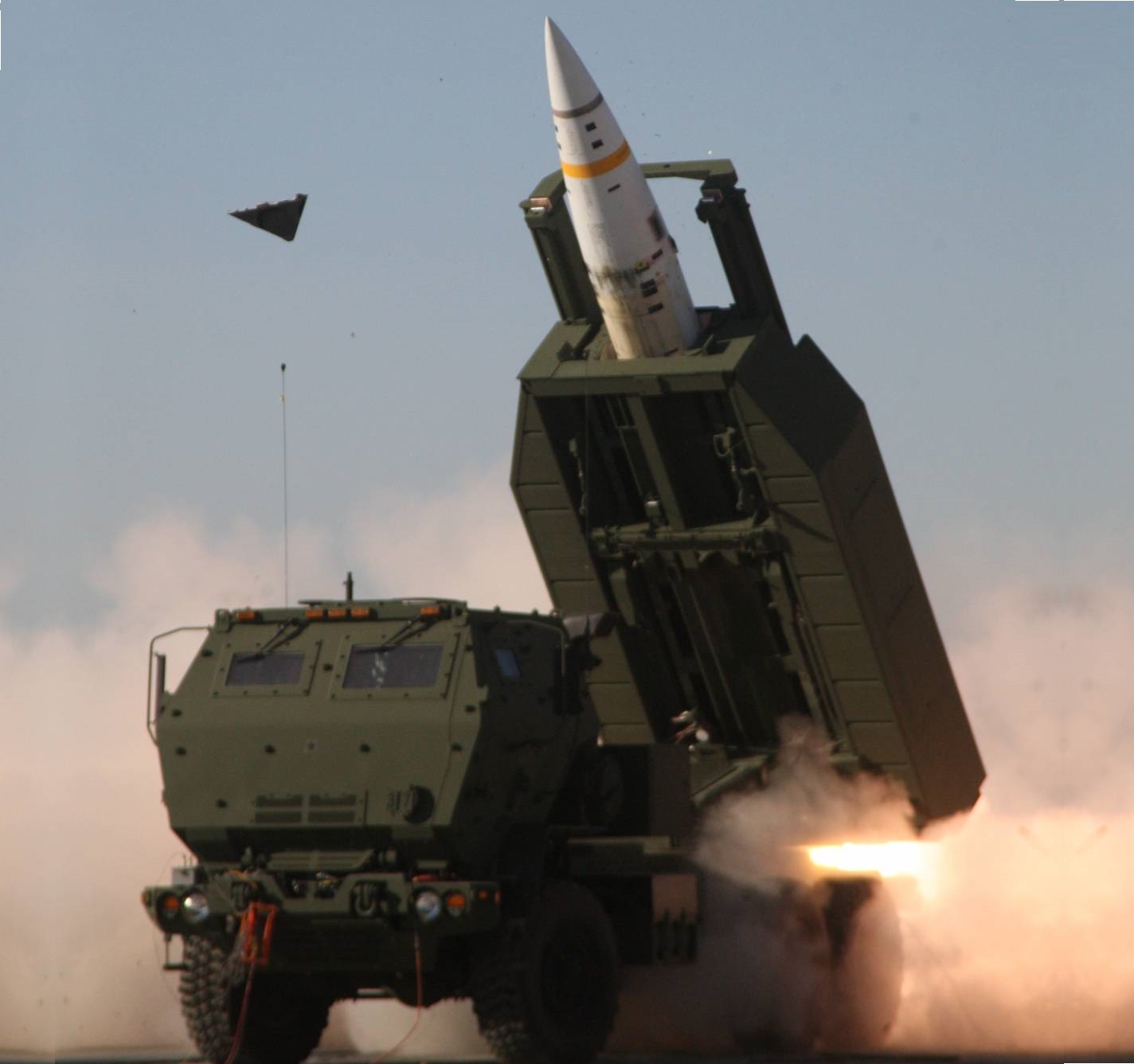July 12 marks the beginning of “Blue Guardian” — the first international RPAV (Remotely Piloted Aerial Vehicle) of its kind, led by the Israeli Air Force. Crews from the United States, Germany, Italy, France, and the United Kingdom have touched down in Israel and will practice joint flights and operational missions in Palmachim Air Force Base alongside IAF operators. The historic two-week-long exercise will enhance mutual learning between the participating nations and pave the way for future international cooperation in the revolutionary field of RPAV.
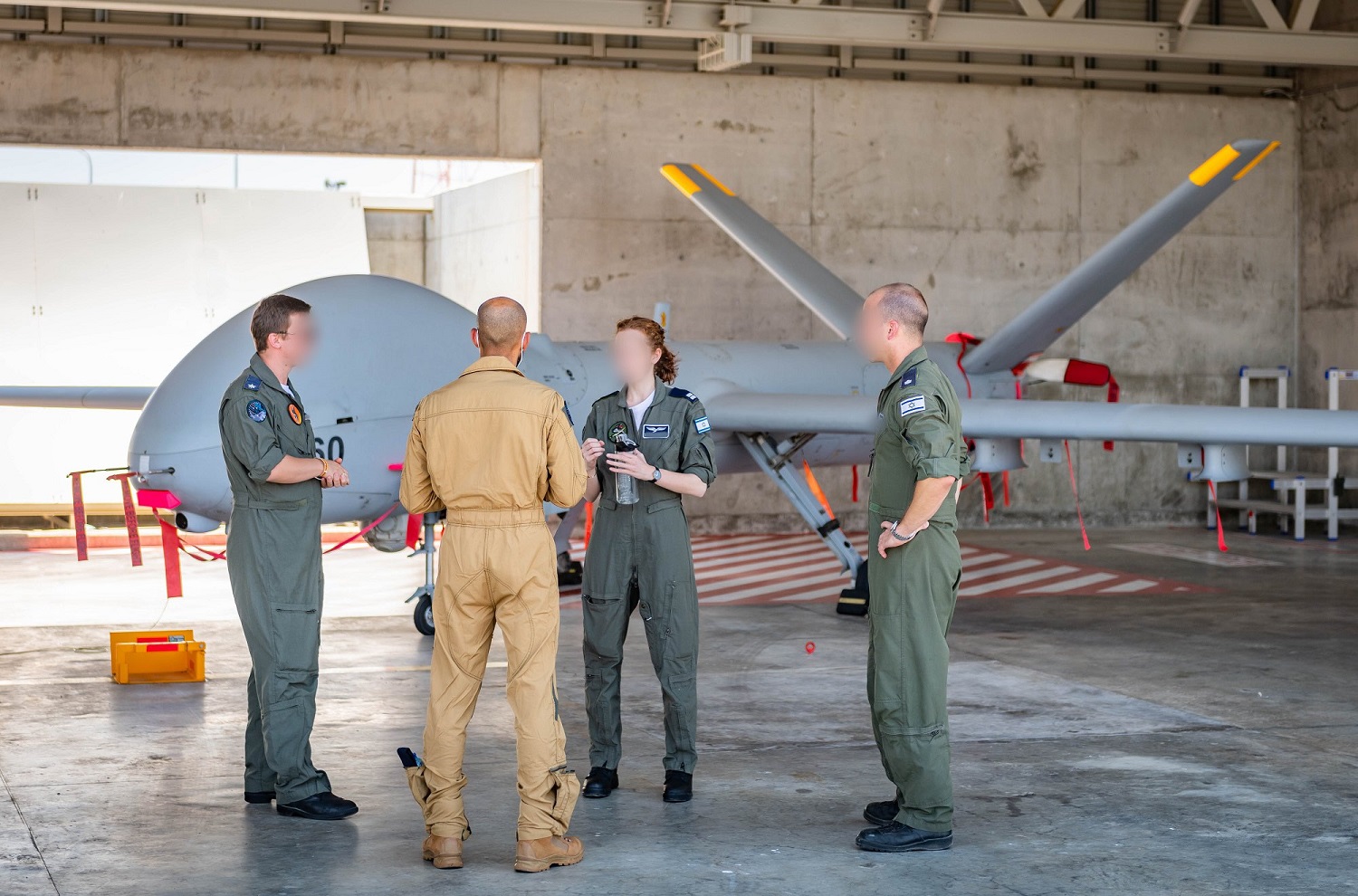
“Israel is considered a world leader in the field of RPAV technology. The advanced technology developed by the Israeli security industry, the hundreds of flight hours we’ve gathered over the past two decades, and the high competence of our operators have all resulted in high responsiveness from the countries we’ve invited to take part in this exercise,” explained Lt. Col. L, commander of the leading squadron in the exercise – the 166th (“Fire Birds”), which operates the “Kochav” (Hermes 900) RPAV.
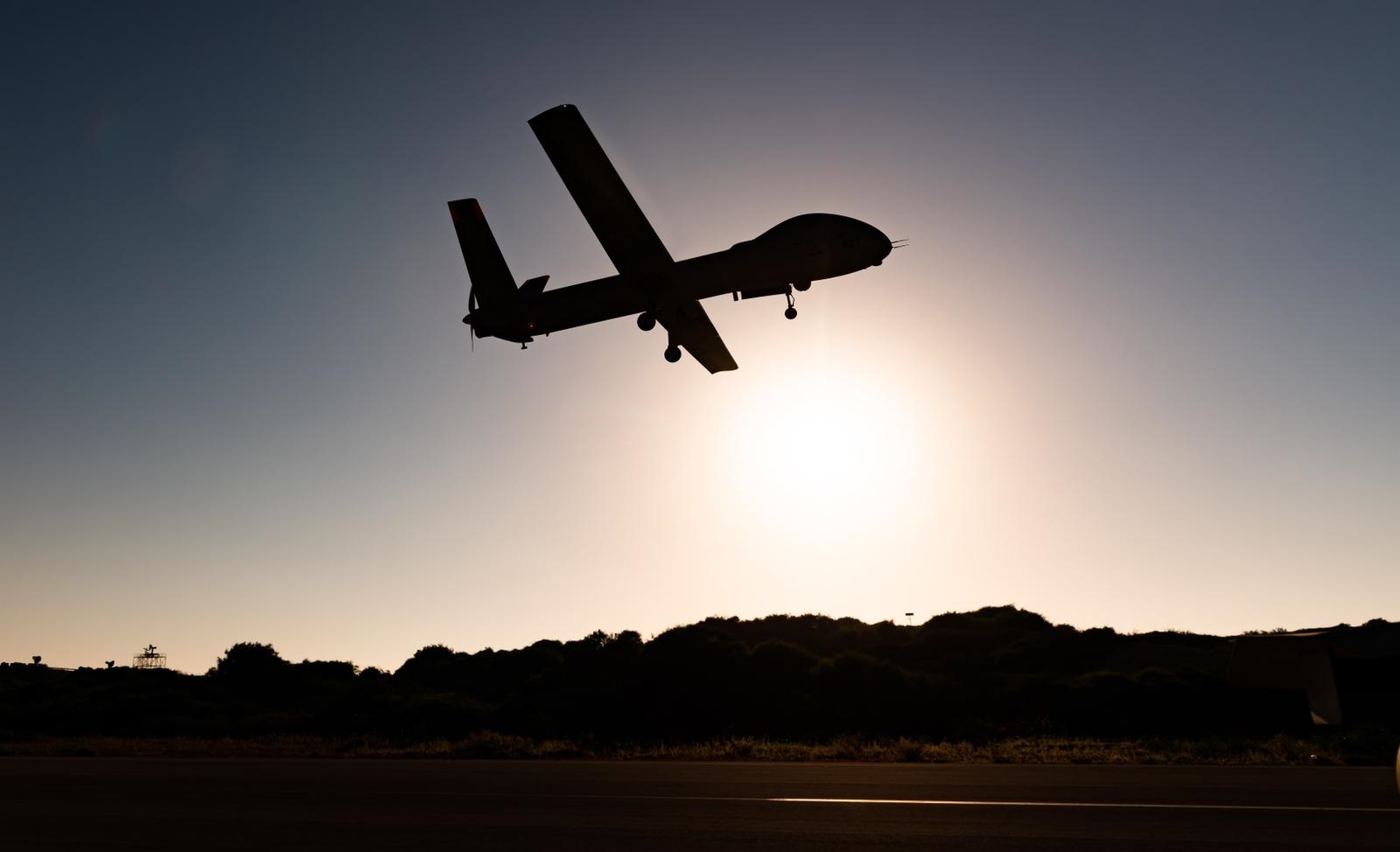
“Blue Guardian” is divided into two parts: the first week of training will focus on training international crews to operate the Israeli “Zik” (Hermes 450) RPAV. The second week of the exercise will see the participants drilling a simulated combat scenario between a coalition of allied nations against an enemy. During the second week, forces will fly in joint formations and cooperate with the IAF’s fighter and helicopter divisions as well as commando units. The main element of “Blue Guardian” is mutual learning between the participating countries.
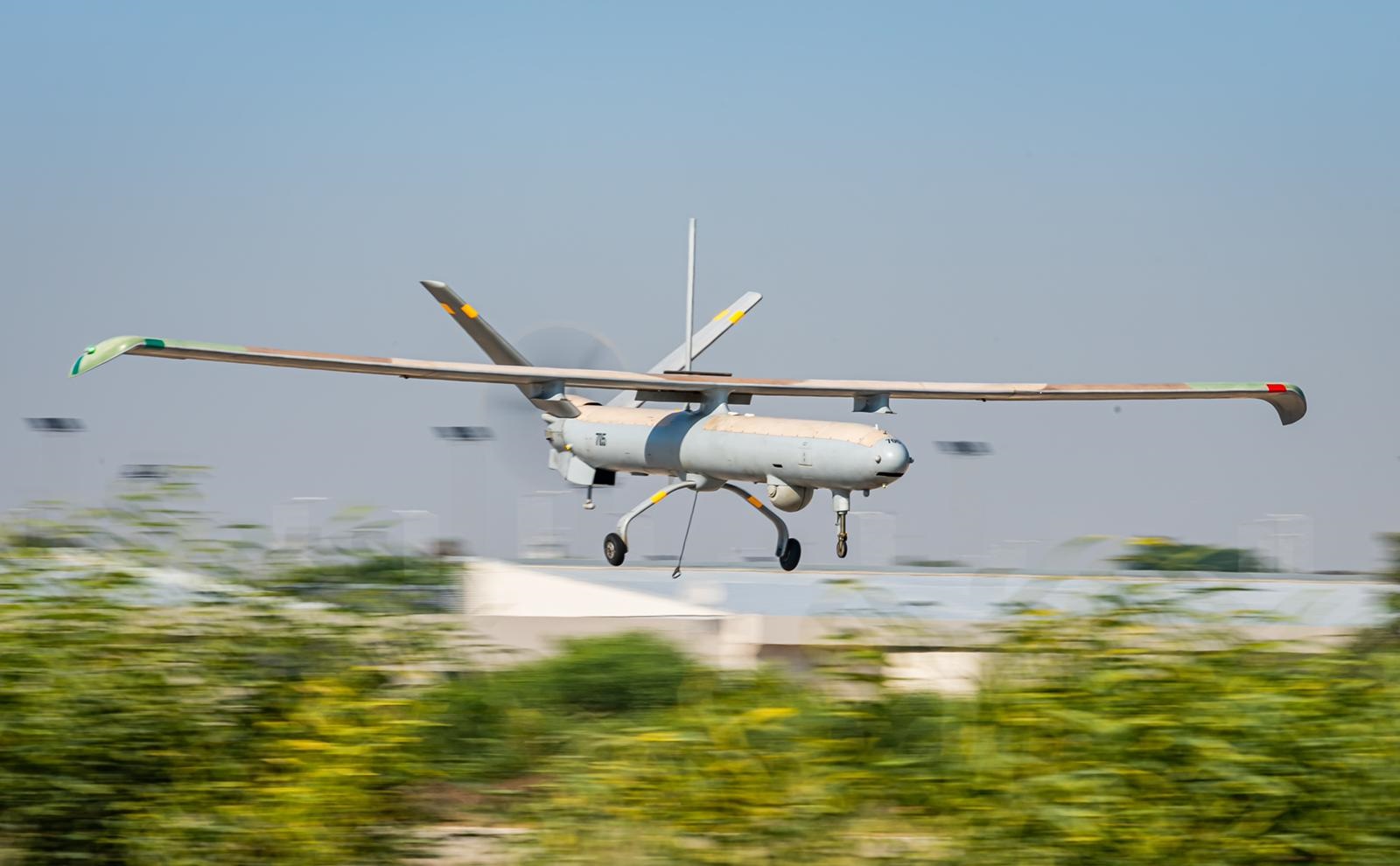
A wide scale exercise such as this one taking place for the very first time can present new challenges. Additionally, deploying RPAVs to another country is a complex procedure since in addition to the aircraft, the control stations must be transported. For that reason, it was decided that the crews from all of the participating countries would fly the Israeli ‘Zik’ (Hermes 450). The operators at the exercise are all highly professional and experienced, but the fact that they are operating the ‘Zik’ for the first time, out of an unfamiliar control station.
